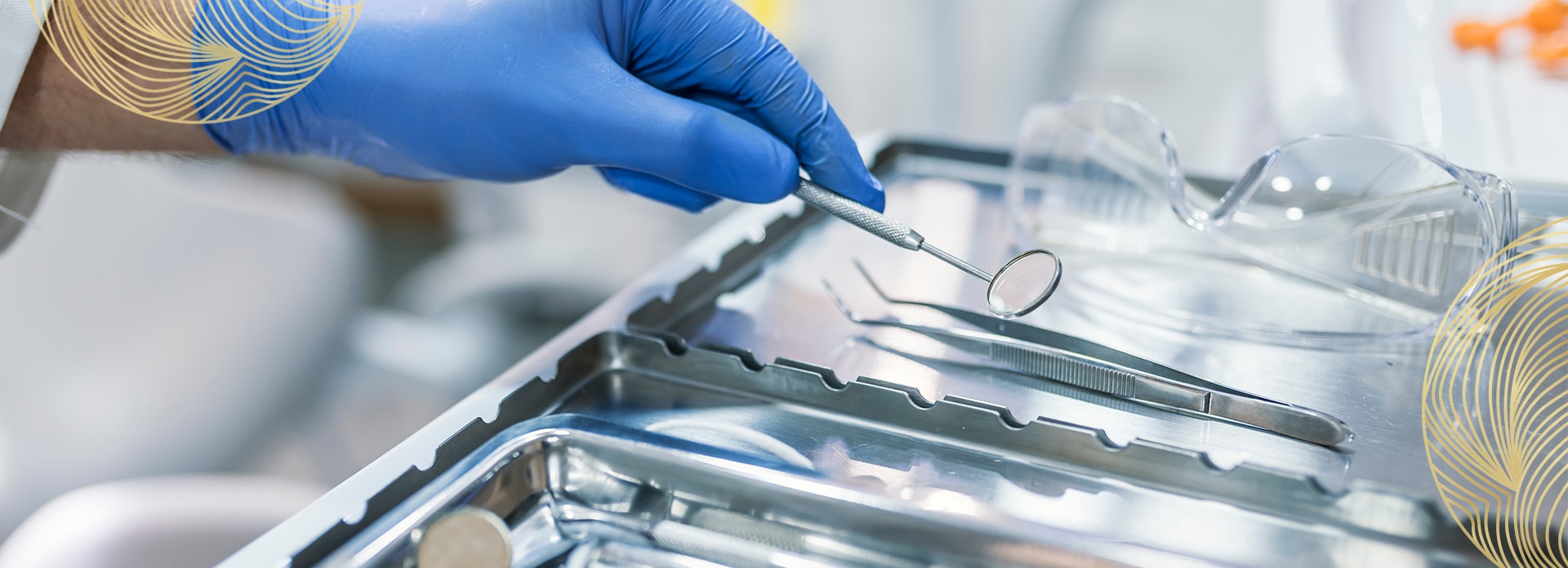Temporomandibular joint disorder, or TMJ disorder, can be a chronic issue for millions of people. In fact, the Canadian Association of Oral and Maxillofacial Surgeons estimates that 25–30% of people experience jaw dysfunction and pain.
There are a few key elements to understanding TMJ disorder. An individual’s experience with this condition, including their specific symptoms and causes, deeply affects our treatment plans.
Understanding a patient’s unique TMJ disorder experience is our first step to guiding their treatment and helping them achieve the relief they deserve, which may include braces to improve teeth alignment.
What Is TMJ Disorder?
Your temporomandibular joints (TMJ) are located on either side of your jaw. They function as the hinge that raises and lowers your lower jaw. Your TMJ is one of the most commonly used joints in your body and allows you to speak, eat, smile, laugh, and more.
The 2 TMJs on either side of our face need to function harmoniously. If they don’t work well together, you can experience TMJ disorder (sometimes abbreviated to TMD or TMJD).
Symptoms & Causes
TMJ disorder can cause several issues beyond general pain in the jaw. These challenges may include:
- Jaw clicking or popping
- Ear, neck, & shoulder pain
- Headaches & migraines
- Teeth grinding
- Broken or chipped teeth
There are several causes associated with TMJ disorder. One of the most common causes occurs when the piece of cartilage in the jaw joint slips out of place. When this happens, one joint doesn’t function in unison with the other. This misalignment can cause the clicking or popping commonly associated with TMJ disorder. Also if there is additional pressure from tooth grinding or clenching, on poorly aligned teeth, this exacerbates the issue.
Tooth and jaw misalignment can also cause TMJ. When the teeth don’t bite down properly, the jaw can gradually pull itself out of alignment. Tooth misalignment is often treated with tools like braces and clear aligners like Invisalign. Another major issue is lack of teeth. If there are missing back teeth, the jaw is not well supported or has a lack of symmetry when biting. This dysfunction can lead to major TMJ issues, but can be fixed by addressing the missing teeth with implants or bridges.
How Do Braces Work?
Misaligned teeth can strain the TMJ by gradually pulling the jaw out of alignment when poorly-aligned teeth hit one another. Braces can help relieve this strain and provide much-needed relief from the pain, pressure, and discomfort associated with TMJ disorder.
Braces function by putting pressure on the teeth to adjust their position in your mouth. Whether teeth need to be pulled together or pushed apart, your dentist can help create the right fit for your teeth.
Types of Braces
The most commonly referenced type of braces is metal brackets. However, depending on factors including age, bite severity, and aesthetic desire, your dentist can recommend braces that work for your specific needs.
Traditional metal braces consist of brackets glued to the teeth and wires that apply pressure to the teeth. Gradually, braces can adjust your bite into the preferred position.
Invisalign are clear aligners that sit on the teeth. Made of plastic, these customized, form-fitted aligners gradually shift teeth into alignment, similarly to braces. You can also take out Invisalign throughout the day for cleaning your teeth and eating.
Other braces include ceramic braces, which are less visible and often an option for aesthetic purposes, and lingual braces, which go behind the teeth instead of in front of them.

How Else Can You Treat TMJ?
Braces may not be the most effective option depending on the cause of your TMJ disorder. Your dentist can discuss other options regarding TMJ disorder treatment to ensure you’re getting the most out of your treatment.
Custom TMJ Appliances
If your TMJ disorder results from bruxism, a TMJ appliance could be a practical option. Bruxism is a condition where a person might grind or clench their teeth either unconsciously while awake or during sleep (called night bruxism).
A custom TMJ appliance is similar to a mouthguard. Sometimes referred to as a night guard or a splint, this appliance can be particularly effective for those with night bruxism as it disperses the forces on the teeth when bruxism occurs, thereby decreasing the damage on the teeth and joints.
Physiotherapy or Chiropractic Treatments
Physiotherapy can help improve TMJ disorder by increasing mobility, strengthening joints, and reducing muscle spasms associated with TMD. Physiotherapy can also assist with postural training—changing head position while driving, working, or at leisure can benefit people with TMJ disorder.
Your dentist can work with a licensed physiotherapist or chiropractor to co-manage your TMJ care and ensure you get the most out of your care.
Anti-inflammatory Medication
Your doctor can prescribe some medications to manage TMJ pain. These may include anti-inflammatory drugs to reduce specific pain in the jaw, face, and neck. Anti-inflammatory medication can also help the jaw function properly by reducing pain.
Botox
Injectable botox is usually used for cosmetic purposes to reduce fine lines and wrinkles. However, it can also be used to minimize discomfort, headaches, and shoulder/neck pain associated with TMJ disorder.
Botox for TMJ works by relaxing the jaw muscles and preventing unconscious jaw movement and teeth-grinding to reduce TMJ pain.
Lifestyle Adjustments
TMJ disorder can result from stress. Taking steps to reduce stress and cortisol levels can help relieve TMJ disorder symptoms, especially those associated with coping mechanisms like teeth grinding or jaw clenching.
Your dentist may also recommend eating soft foods to give your jaw a break from chewing. Taking a break from using your jaw can help improve TMJ disorder and provide much-needed relief from the clicking or pain associated with the condition.
Get the Relief You Deserve
There is no one-size-fits-all treatment for TMJ disorder. Treating this complex condition begins with understanding the causes. By getting to know you and your lifestyle, we can create a treatment plan tailored to your needs to provide you with the relief you deserve. Get in touch with the team at Cooper Dental to book an appointment so we can learn more about your unique dental needs.




